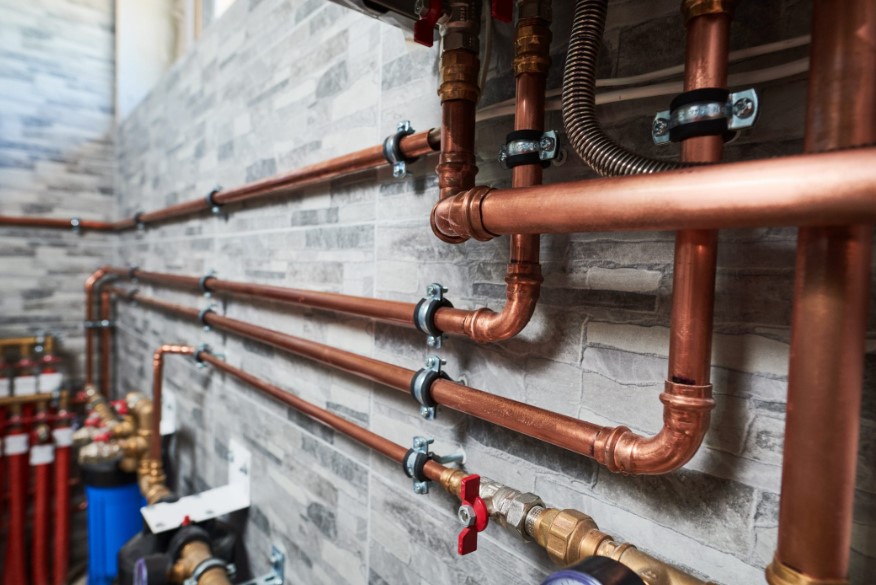
A plumbing problem can be a significant headache for commercial property owners. It can halt operations, lead to lost revenue and impact customer service or employee productivity.
The right plumber can help you avoid these problems and ensure your plumbing system is up to code. However, you’ll need to find the right one for your business.
Experience
Many plumbers charge by the hour, though some may use flat service fees. A plumber’s hourly rate includes their wages and the cost of tools they need to get the job done right away. In addition, a portion of the rate covers any additional labor costs. Apprentices and journeyperson plumbers have lower rates than master plumbers, who typically need to pass a state exam and have years of on-the-job experience.
You should always check whether the plumber is licensed in your area and has insurance policies. These can protect you from unforeseen damage caused by their work. In addition, a reputable professional will take the time to do the job correctly.
Plumbing problems tend to grow worse the longer they are left unattended. That is why hiring a Commercial Plumber in Denver who can diagnose and fix the issue as soon as possible is crucial. This will prevent the problem from getting out of control and save you money in the long run.
License
In many cities, plumbers need to be licensed to do their work. They are the only ones with the knowledge and experience to properly fix your plumbing problems. Hiring unlicensed amateur plumbers makes your plumbing problems worse.
In addition to having a license, professional plumbers should also have insurance. This will protect you from liability if something goes wrong during the repair process. This is especially important if you have a big job or an expensive project.
If you are looking for a Commercial Plumber in Denver, look for one with experience and a good reputation. They may not be the cheapest, but they will do quality work that lasts. It would be best if you were also wary of plumbers offering super low bids. They could be trying to take advantage of you or not know what they are doing. Be sure to compare their bids with other plumbers before hiring one.
Insurance
A professional plumber will have the right insurance to protect themselves and you. They will carry commercial general liability insurance and professional liability insurance. They will also have a workers’ compensation policy if injured. Beware of plumbers who offer super low bids; this could indicate that they don’t have proper insurance.
An excellent commercial plumber will be able to work efficiently and quickly, which means you’ll get your repairs done faster. They will also have the necessary tools to complete your plumbing project correctly the first time.
Plumbers use many different equipment, including hand tools and trenching gear. They may also need a commercial auto policy to cover their work vehicles in the event of a crash or theft. They might also have a contractor’s equipment policy to protect their tools and other supplies in case of loss or damage.
Reputation
Professional plumbers have the tools they need to get the job done right. They are also ready to work 24 hours daily and will be able to address your problems promptly. They will also abide by city ordinances and rules that may affect their plumbing work.
Plumbing jobs are often complex, requiring specialized skills or equipment. Some of these jobs may take longer to complete than others. For example, a plumber that needs to repipe your home will likely charge more than someone who fixes a leaky faucet.
When hiring a Commercial Plumber in Denver, look for a reputable company that provides fair and affordable rates. Avoid cheap contractors that may need to be qualified to handle your problem. Choosing the right professionals from the beginning can save you money and prevent secondary damage to your property. The right contractor will walk you through your options and explain the pros and cons of each repair option.

